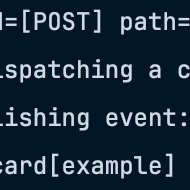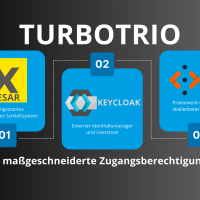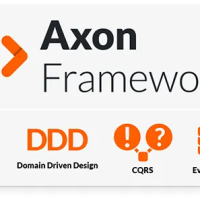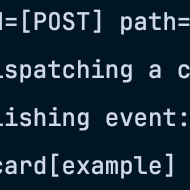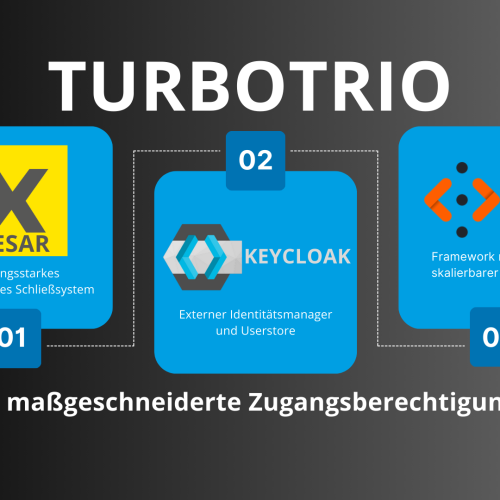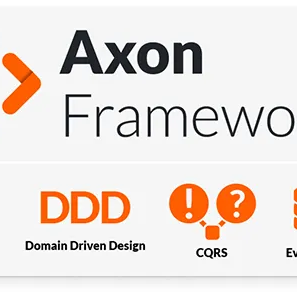In the ever-evolving landscape of the software industry, the age-old debate between perfectionism and efficiency takes center stage. As agile methodologies revolutionize the way we approach projects, the traditional pursuit of perfection clashes with the need for adaptability and speed.
In this blog, we delve into the essence of perfectionism versus efficiency within the context of agile organizations, advocating for an approach grounded in experimentation, iteration, and empirical learning.
The Perfectionism Paradox
Perfectionism, though noble in its intentions, can often become an obstacle in the fast-paced world of software development. The quest for flawless code, impeccable designs, and seamless user experiences can lead to analysis paralysis, missed deadlines, late discovery and learning, and demoralized teams.
In an agile environment, where adaptability and responsiveness are paramount, the perfectionism trap can stifle innovation and impede progress.
The danger lies in the illusion that perfection can be achieved from the outset. This mindset not only restrains creativity and innovation but also impedes the learning process that is essential for continuous improvement.
In contrast, an efficient approach acknowledges imperfection as a natural part of the development process, paving the way for quick adaptations based on real-world feedback.
Signs for the Perfectionism Trap
-
Excessive Refinement
Excessive refinement occurs when team members spend disproportionate amounts of time perfecting every detail of a task or deliverable. This can lead to diminishing returns, as the time invested in refining minor aspects outweighs the value gained. It can slow progress, cause delays, and hinder the ability to deliver value on time. -
Fear of Failure
Fear of failure is a common symptom of perfectionism. Team members may be afraid to take risks or make decisions due to the fear of making mistakes or facing criticism. This fear can lead to a lack of innovation, missed opportunities, and a stagnant work environment. Embracing a growth mindset and creating a safe space for experimentation can help overcome this fear. -
Micromanagement
Perfectionism often manifests as micromanagement, where leaders or team members excessively control and scrutinize every aspect of a project. This not only hampers the autonomy and creativity of team members but also creates a bottleneck in decision-making. Trusting team members, delegating tasks, and focusing on outcomes rather than micromanaging the process can help alleviate this issue. -
Over-Engineering
Over-engineering occurs when software solutions are overly complex or feature-rich, exceeding the actual requirements or needs of the project. This can result in wasted time, effort, and resources. By focusing on delivering the minimum viable product (MVP) and iterating based on user feedback, teams can avoid over-engineering and prioritize efficiency. -
Lack of/Delayed Feedback Loops
A lack of or delay in feedback loops can hinder progress and perpetuate perfectionism. Without timely feedback from stakeholders, team members may spend excessive time trying to anticipate and meet imagined expectations. Implementing regular feedback loops and encouraging open communication channels can help address this issue and foster a more efficient development process. -
Unrealistic and Unnecessary Standards
Setting unrealistic or unnecessary standards can lead to a constant pursuit of perfection. While having quality standards is essential, it's important to strike a balance between quality and efficiency. Teams should focus on meeting the requirements and delivering value, rather than striving for perfection. -
Continuous Frustration and Burnout in the Teams
Perfectionism can create a work environment characterized by continuous frustration and burnout. Team members may feel overwhelmed by the pressure to achieve unrealistic standards, leading to increased stress levels and decreased morale. Encouraging work-life balance, providing support, and celebrating achievements can help alleviate these negative effects and promote a healthier and more productive work environment.
Countermeasures Against the Perfectionism Trap
- Embracing Efficiency through Empiricism
At the heart of agile methodologies lies the principle of empiricism—the belief that knowledge comes from experience and making decisions based on what is known.
Rather than striving for perfection in the first iteration, agile teams prioritize efficiency through experimentation, failing fast, and continuous learning. By embracing an iterative and incremental approach, teams can deliver value early and often, while mitigating the risks associated with perfectionism.
- Iterative and Incremental Development
In agile organizations, the mantra of "release early, release often" underscores the importance of iterative and incremental development. Rather than aiming for the perfect product from the outset, teams focus on delivering functionality in small, manageable increments.
This allows for rapid feedback from stakeholders, early validation of assumptions, and course correction based on empirical evidence. By embracing imperfection and treating each iteration as a learning opportunity, teams foster a culture of continuous improvement and innovation.
- Fostering a Culture of Experimentation
Central to the agile mindset is the recognition that failure is not only acceptable but essential for growth and innovation. In an environment where experimentation is encouraged, teams feel empowered to take risks, explore new ideas, and challenge the status quo.
By reframing failure as a stepping stone to success, rather than a mark of incompetence, agile organizations create a fertile ground for creativity, resilience, and breakthrough innovation.
Breaking Free From the Perfectionism Trap
In the perpetual quest for perfection, it's easy to lose sight of the value of efficiency and adaptability. In the context of agile software development, where change is constant and uncertainty is the only certainty, embracing efficiency through experimentation, iteration, and empiricism is not just a strategy - it's a necessity.
By breaking free from the perfectionism trap and embracing imperfection as a catalyst for growth, agile teams can navigate the complexities of software development with confidence, resilience, and unparalleled efficiency.
"Have no fear of perfection - you'll never reach it." - Salvador Dali
Contact us to learn more about embracing efficiency in agile software development.


